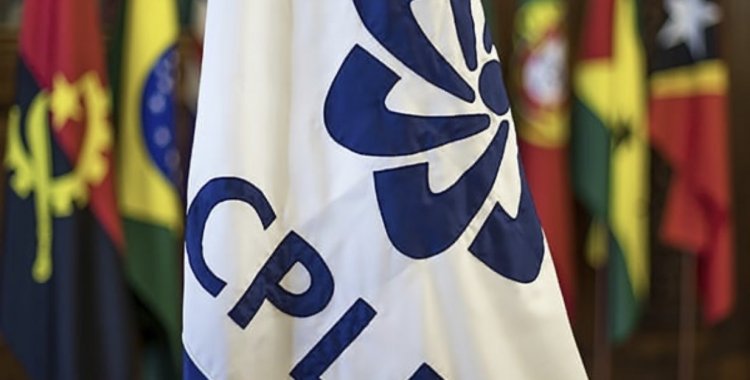According to that CPLP source, what should be approved at this meeting of Ministers of Foreign Affairs and Foreign Affairs of the nine Member States, which will take place in Luanda, Angola, next Monday, will be the organization's new statutes, for them to "accommodate" the organization's fourth objective, that of economic cooperation, proposed by the current Angolan presidency, when it assumed its two-year term as leader of the community, at the Luanda summit in July 2021.
"Coordinated by the Minister of Foreign Affairs of Angola, Téte António, as the current CPLP presidency, the ministers should have on their agenda the consideration of amendments to the CPLP statutes and a debate on 'The role of the Seas and Oceans in the International Projection of CPLP', among other topics", says a statement issued today by the organization.
The CPLP currently has three pillars of action, or objectives, which it has always had since its creation, in 1996, and defined in its current statutes: political-diplomatic concertation in matters of international relations, cooperation in all areas and the materialization of projects for the promotion and dissemination of the Portuguese language.
At the last summit, which took place in Luanda, Angola proposed economic cooperation as the fourth pillar, which implies changing the statutes and even the internal organization of the executive secretariat itself, which may have a new direction for economic cooperation, admitted the same source as the CPLP.
But the new CPLP statutes will not be the only topic on the agenda of the next extraordinary Council of Ministers. This meeting should also include the discussion of the new regulation of associated observers, whose number has grown in recent years, reaching 33 at the last summit, with the approval of another 14 candidacies.
The creation of the category of associated observer, in 2005, opened an opportunity for the connection to this organization of other Lusophone States and regions that belong to third countries, by agreement with the Member States.
According to the current regulation, States that intend to acquire the category of associated observer must share the guiding principles of the Portuguese-speaking community, namely with regard to the promotion of democratic practices, good governance and respect for human rights, and continue , through its government programs, objectives identical to those of the organization, even if, from the outset, they do not meet the necessary conditions to be full members of the CPLP.
As for the new regulation for associated observers, it was already being prepared during the Cape Verdean presidency, which preceded that of Angola, and it was even thought that it could go to the Luanda summit for approval, which did not happen because there was no consensus among the Member States of the CPLP regarding some aspects.
Now, according to an official CPLP source, the proposal for a regulation provides that associated observers will start to present a partnership plan with the CPLP and what is still under discussion is whether or not they should pay fees, which they can still do. with the diploma not going to this Council of Ministers, after the discussion in the Permanent Concertation Committee (CCP - meeting of ambassadors of Member States) that precedes the extraordinary meeting of ministers, on Sunday.
In February 2020, the then Executive Secretary of the CPLP said that a proposal was being prepared with the aim of making associated observer countries partners with the organization in implementing programmes, projects and actions.
"Right now, to be a candidate for CPLP associate observer you have to present an action plan and a plan of activities", said ambassador Francisco Ribeiro Telles at the time, explaining that the objective "is to innovate and concentrate everything in a single plan , which is a partnership plan".
According to the ambassador, the objective at the time was for this partnership to be "concretized through joint implementation of initiatives or co-financing of programmes, projects and actions, within the scope of CPLP activities".
The proposal enshrined, in this way, a way for the observer countries to make a financial contribution to the development of the community of Portuguese-speaking countries.
Angola, Brazil, Cape Verde, Guinea-Bissau, Equatorial Guinea, Mozambique, Portugal, São Tomé and Príncipe and Timor-Leste are the nine Member States of the CPLP.







